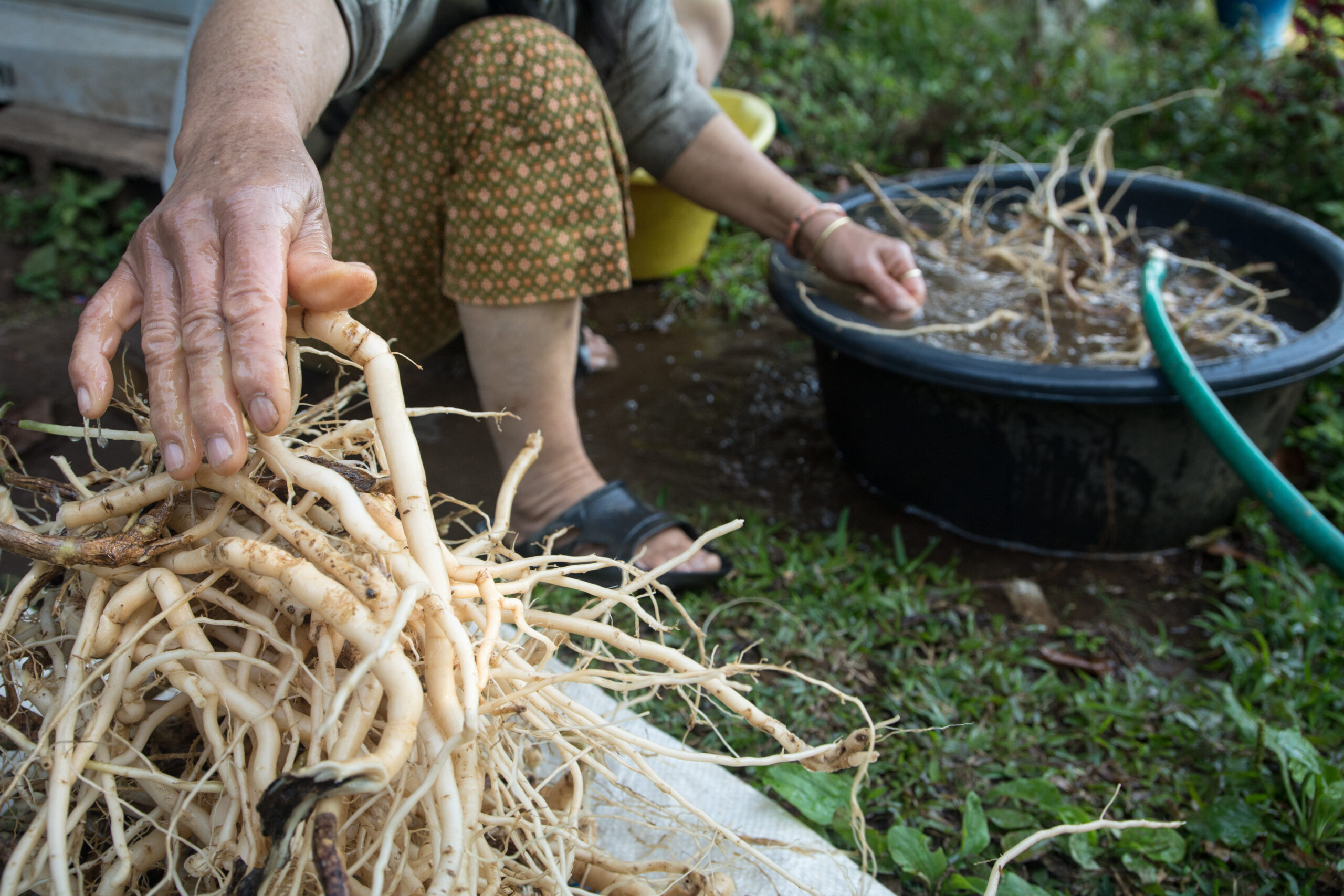Ashwagandha (Withania somnifera) is a popular herbal remedy used in traditional Indian Ayurvedic medicine for a variety of ailments. The herb is also known as Indian ginseng, winter cherry, and poison gooseberry. Ashwagandha is used for its calming and restorative effects, and is thought to have a wide range of health benefits, including improved cognitive functioning, reducing stress and anxiety, and helping to balance hormones. Recently, there has been a surge of interest in ashwagandha due to its potential health benefits and the availability of standardized extracts. In order to maximize the benefits of ashwagandha, it is important to understand what to look for when selecting a quality ashwagandha extract.
The active constituents of ashwagandha are primarily found in its leaves and root, and include alkaloids, withanolides, and a variety of other compounds. It is important to select an ashwagandha extract that contains a high concentration of these active compounds. The most commonly used extracts are standardized to contain a specific percentage of withanolides, such as withanolides A, B, and C, as well as other active compounds. Standardized extracts provide a more consistent level of active compounds than non-standardized extracts, and are more likely to produce the desired effects.
It is also important to select an ashwagandha extract that is free of contaminants. Contaminants can include heavy metals, pesticides, and other potentially dangerous substances. It is important to select an ashwagandha extract that has been tested for safety and purity, and that meets the standards set by the World Health Organization (WHO) and other regulatory bodies.
The quality of an ashwagandha extract can also be determined by its method of extraction. Traditional extraction methods, such as boiling or maceration, are less efficient and are not capable of extracting the full range of active compounds found in ashwagandha. The most effective method of extraction is a process known as supercritical CO2 extraction, which is capable of extracting active compounds without damaging their structure or potency.
The dosage of ashwagandha extract is also important to consider when selecting a quality product. The recommended dosage of ashwagandha extract varies depending on the purpose for which it is being used. Generally, it is recommended to take 500-1000 mg of ashwagandha extract per day. Some studies have suggested that higher doses may be more effective, but it is important to consult a healthcare provider before taking any supplement.
Finally, it is important to select an ashwagandha extract that has been clinically studied and tested. Clinical studies are important because they demonstrate the safety and efficacy of a product, and provide evidence-based support for its use. It is important to select an ashwagandha extract that has been studied in humans, rather than animals, as the results of animal studies may not be applicable to humans. Research studies should also be published in reputable, peer-reviewed journals, and should include citations for each study.
In conclusion, when selecting an ashwagandha extract, it is important to consider the quality and purity of the product, the method of extraction, the recommended dosage, and the evidence-based support for its use. It is also important to select an ashwagandha extract that has been tested for safety and quality and meets the standards set by the World Health Organization and other regulatory bodies. By taking the time to select a quality ashwagandha extract, you can ensure that you are getting the most benefit from this powerful herb.
A study published in the Journal of Ayurveda and Integrative Medicine demonstrated the efficacy of an ashwagandha extract in reducing stress and anxiety in humans. The study was a randomized, double-blind, placebo-controlled trial of 64 adults with moderate to severe stress and anxiety. Participants were given either ashwagandha extract or a placebo for a period of 60 days. At the end of the trial, the participants who were given ashwagandha extract had significantly lower levels of stress and anxiety than those who were given the placebo. The authors concluded that ashwagandha extract is a safe and effective treatment for stress and anxiety.
Another study, published in the journal Phytotherapy Research, evaluated the effects of ashwagandha extract on cognitive function. The study was a randomized, double-blind, placebo-controlled trial of 50 adults with mild cognitive impairment. Participants were given either ashwagandha extract or a placebo for a period of 8 weeks. At the end of the trial, the participants who were given ashwagandha extract had significantly improved scores on tests of cognitive function compared to those who were given the placebo. The authors concluded that ashwagandha extract is an effective treatment for mild cognitive impairment.
Finally, a study published in the journal Evidence-Based Complementary and Alternative Medicine evaluated the effects of ashwagandha extract on hormone levels in men. The study was a randomized, double-blind, placebo-controlled trial of 56 men with low testosterone levels. Participants were given either ashwagandha extract or a placebo for a period of 8 weeks. At the end of the trial, the participants who were given ashwagandha extract had significantly higher levels of testosterone and luteinizing hormone compared to those who were given the placebo. The authors concluded that ashwagandha extract is an effective treatment for low testosterone levels in men.
In summary, ashwagandha (Withania somnifera) is a popular herbal remedy used in traditional Indian Ayurvedic medicine for a variety of ailments. The active constituents of ashwagandha are primarily found in its leaves and root, and include alkaloids, withanolides, and a variety of other compounds. It is important to select an ashwagandha extract that contains a high concentration of these active compounds and that is free of contaminants. The most effective method of extraction is a process known as supercritical CO2 extraction, and the recommended dosage of ashwagandha extract is 500-1000 mg per day. It is also important to select an ashwagandha extract that has been clinically studied and tested, and that has evidence-based support for its use. Studies have shown that ashwagandha extract is an effective treatment for stress and anxiety, cognitive impairment, and low testosterone levels in men.

